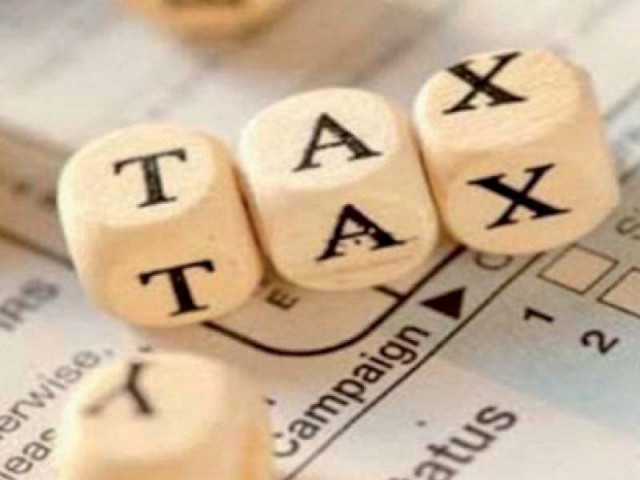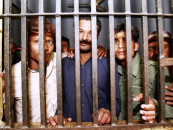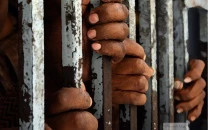Punjab takes the lead in levying agriculture tax
Assembly passes bill despite coalition cries

No amount of opposition from coalition partner Pakistan Peoples Party (PPP) could stop the Punjab government from passing the Agricultural Income Tax Amendment Bill 2024 in the provincial assembly on Thursday.
The PPP staged a walkout in protest, and all amendments proposed by the opposition were rejected. Following the approval of the amendment bill, livestock will also be subject to tax, and a new tax regime for agriculture will be implemented. The session, chaired by Punjab Assembly Speaker Malik Muhammad Ahmed Khan, started late.
During the session, PPP strongly opposed the Agricultural Income Tax Amendment Bill 2024. MPA Ali Haider Gilani argued that the PML-N government did not consult his party regarding the bill. Consequently, the PPP staged a walkout from the session.
PTI's parliamentary leader, Ali Imtiaz Warraich, expressed concerns about the impact of the bill on the already struggling agriculture sector in Punjab. He mentioned that farmers were already selling their wheat at a loss and facing high costs for fertiliders, pesticides, and electricity.
He criticised the government for imposing income tax, which he argued would further burden farmers.
Finance Minister Mujtaba Shujaur Rehman stated that the government is introducing a new regime for agriculture through this bill, aiming for reforms.
He reassured the House that the Punjab government would not abandon farmers, and the tax would take effect in 2025. Seven amendments proposed by the opposition were rejected, and the bill was passed by the assembly.
Following the approval of the bill, high-income farmers will be subject to a super tax, and the income tax exemption on agricultural land will be removed. Income from livestock will also be taxed and considered part of agricultural tax.
According to the approved draft, livestock tax will be determined in line with the Punjab Livestock Breeding Act 2014. After the bill's approval, a defaulter will incur a penalty of 0.1% of the tax amount for each additional day of nonpayment.
Farmers with income below Rs1.2 million, who default on tax, will face a Rs10,000 fine, while those with income below Rs40 million will face a fine of 25,000 rupees. Defaulters earning more than Rs40 million in agricultural income will be fined Rs50,000 rupees.
The approved draft of the Agricultural Income Tax Amendment Bill 2024 also repeals the tax schedule listed in the 1997 Agricultural Income Tax Act. The session also approved the 2024 amendment registration bill.
During the amendment approval to the Punjab Assembly Rules of Procedure 1997, opposition member Rana Aftab requested further discussion on the matter of allowing the chief minister's advisers to speak in the house, asking for more time on this debate.
Treasury member Samiullah Khan responded that advisers should be allowed to brief or speak freely in the assembly, representing all parties in Punjab and the federal government. The speaker then called for a vote, and the amendments were passed.
Under these amendments, the CM's advisers are now authorized to speak in the Punjab Assembly, and every department is required to respond within 15 days.
Legislative proceedings will be broadcast live, with closed sessions needing prior approval from the speaker. The speaker noted that all members operate under the Constitution of Pakistan, which, under Article 111, grants the chief minister's adviser the right to speak in the assembly.
Given the political situation, the Punjab Assembly session held in Awan-e-Iqbal was granted legal protection through a resolution.
Punjab Parliamentary Affairs Minister Mujtaba Shujaur Rehman presented the resolution. The speaker explained that due to political conditions, the 41st session held in June 2022 comprised two sessions held in Awan-e-Iqbal and the Punjab Assembly, both of which were now recorded as part of the 2022-23 annual and 2021-22 supplementary budgets, providing them legal standing. After completing the agenda, the deputy speaker prorogued the session indefinitely.



















COMMENTS
Comments are moderated and generally will be posted if they are on-topic and not abusive.
For more information, please see our Comments FAQ